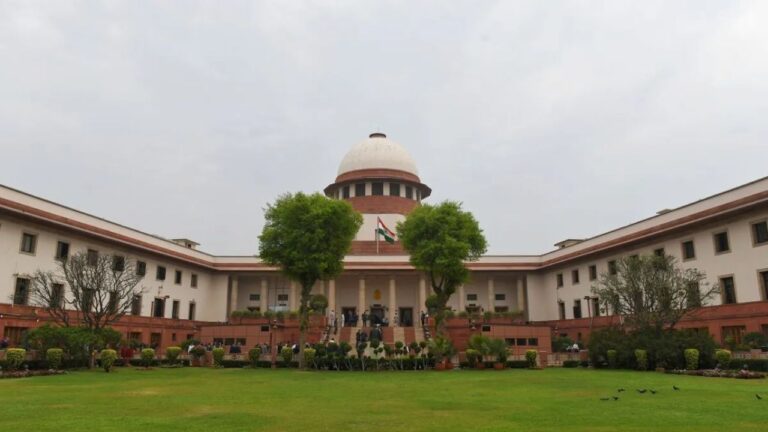
The South African government has granted limited exemptions from air quality regulations to several coal-fired power stations, citing the need to balance environmental concerns with the country’s energy demands. However, Environment Minister Dion George emphasized that the measures do not amount to a “blanket reprieve.”
Eskom, the state-owned power utility, had sought exemptions for eight of its coal-fired plants from minimum emission standards set in air quality laws. These facilities play a crucial role in supplying electricity to South Africa, which has faced persistent power shortages that have hampered economic growth.
Announcing the decision on Monday, the Ministry of Forestry, Fisheries and Environment stated that while the exemptions were approved, strict conditions would be imposed. Eskom is required to enhance air pollution monitoring, appoint environmental health experts, and provide mobile health clinics to affected communities.
“These exemptions are not a free pass but are tailored to each facility with stringent conditions,” Minister George said at a press briefing.
Six of the affected plants—Lethabo, Kendal, Tutuka, Majuba, Matimba, and Medupi—have received exemptions valid until April 1, 2030. Meanwhile, Duvha and Matla power stations will be exempted until their scheduled decommissioning in 2034.
Eskom, one of Africa’s largest polluters, has been running its aging power stations at high capacity in an effort to reduce frequent electricity blackouts. Many of these plants, built between 30 to 40 years ago, require costly retrofitting to meet emission standards—an expense the utility has previously stated it cannot afford.
The exemptions come amid growing concerns over the health impacts of coal-fired power stations. A decade-long study conducted by the South African Medical Research Council and the UK’s Department for International Development found that residents in coal-rich Mpumalanga province, where many of these plants operate, had a 6% higher mortality rate than those in other parts of the country. The study also linked coal emissions to increased rates of birth defects, cardiovascular disease, and lung conditions, recommending a gradual phase-out of coal-fired power generation.
Minister George acknowledged the environmental and health risks associated with coal power but stressed the need for a balanced approach. “We want enough electricity to grow our economy, and we want clean, breathable air,” he said. “It is completely unacceptable when our children suffer from lung diseases and babies are born with birth defects.”
The government continues to explore long-term solutions to South Africa’s energy crisis, including transitioning to renewable energy sources while ensuring stability in the power grid.






